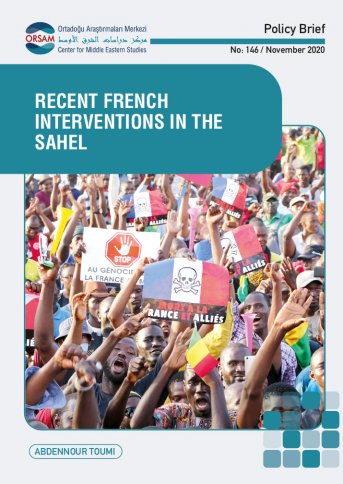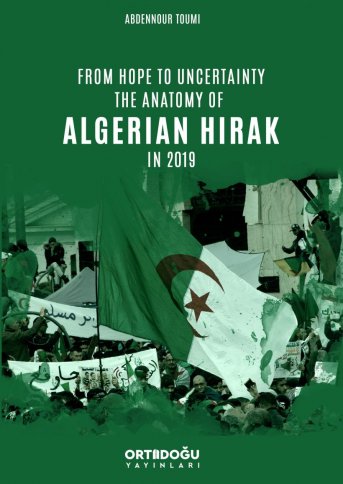
Recent French Interventions in the Sahel
In an effort to establish law and order in Mali, President Macron, like his predecessor President Hollande, recently wore the military uniform and is acting as Commander-in-Chief. On his inaugural day in May 2017 he visited the French troops in Mali like his predecessor who ordered Operation Serval in January 2013, a bombing mission against armed terrorist groups based throughout the big Sahara. President Macron's first trip outside of Europe since the start of COVID-19 pandemic is a sign of solidarity with the region. According to the Elysée Palace, French President Emmanuel Macron and leaders from the G5 Sahel group of countries have met in Mauritania to discuss the ongoing fight against Islamic armed groups.
President Hollande's justification then for his act-of-war in Mali was, "freeing the Malian people from Al-Qae'eda." Didn't France go to Afghanistan decades ago to eradicate this supra-national organization? Until President Hollande brought his soldiers home, he realized it was a lost cause. If the mission in Afghanistan was impossible, how could it be possible in Mali? Didn't France and Algeria stand hand-in-hand on the question of eradicating terrorist groups? Why did they allow the Algerian Islamist radical groups (GSPC) to regroup in the Sahara and become AQIM in the Maghreb and Sahel.
To better understand one should go back to the source of this cobra. Why did then-French President François Mitterand turn his back on the legalist freedom fighters in Afghanistan like Ahmed Shah Massoud? Ahmed Shah Massoud warned him and his allies about the danger he faced after the Soviet Red Army withdrawal in the real Afghan political transition between 1992-1996.
This security vacuum left the country open to what the world discovered later to be the Talban (Taliban).
Militarily, didn't President Hollande learn anything from Americans’ "Shock and Awe” operation in Iraq seventeen years ago? That mission was accomplished, but its consequences are still boiling up even to this moment in Iraq and Syria. Consider also the Libyan debacle, whose foreign forces’ alibis are like the Malian war. According to news reports the Malian Islamists conquered a southern city despite heavy bombing of its bases and manpower. President Hollande was acting like a French neo-con ideologue, where foreign policy analysts were expecting a French realpolitik foreign policy in the region because of his political background. President Macron’s foreign and defense policies in the Sahel and MENA in general are like his predecessor.
In spite of the initial success of the Serval operation in 2013, French intervention in the Sahel region has now reached an impasse. The already complex situation is further complicated by France’s status as a former colonizer operating in the region, understanding how France’s former colonial status translates into relationships between local communities, French troops, and armed terrorist groups will influence long term engagement.
Following the growing instability in Mali, north Niger, and Libya, the enduring presence of Boko Haram in Nigeria and the territorial loss of ISIS in Iraq and Syria in the year of 2019, France has increasingly turned to the Sahel as a crucial battleground in the fight against violent and radical non-state actors. As such, the significance of recent French operations in the region has increased in wake of the Paris terrorist attacks in 2015 and the Nice attack in 2016. In this way, French Prime Minister, Jean Castex did not hesitate to draw comparisons with the 2015 terrorist attacks in Paris that shook the country. “It’s very likely the same hatred, the same cowardice, the same inhumanity that was at work in Niger and at the Bataclan.”






